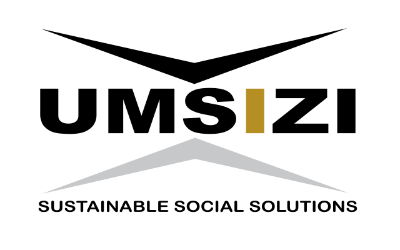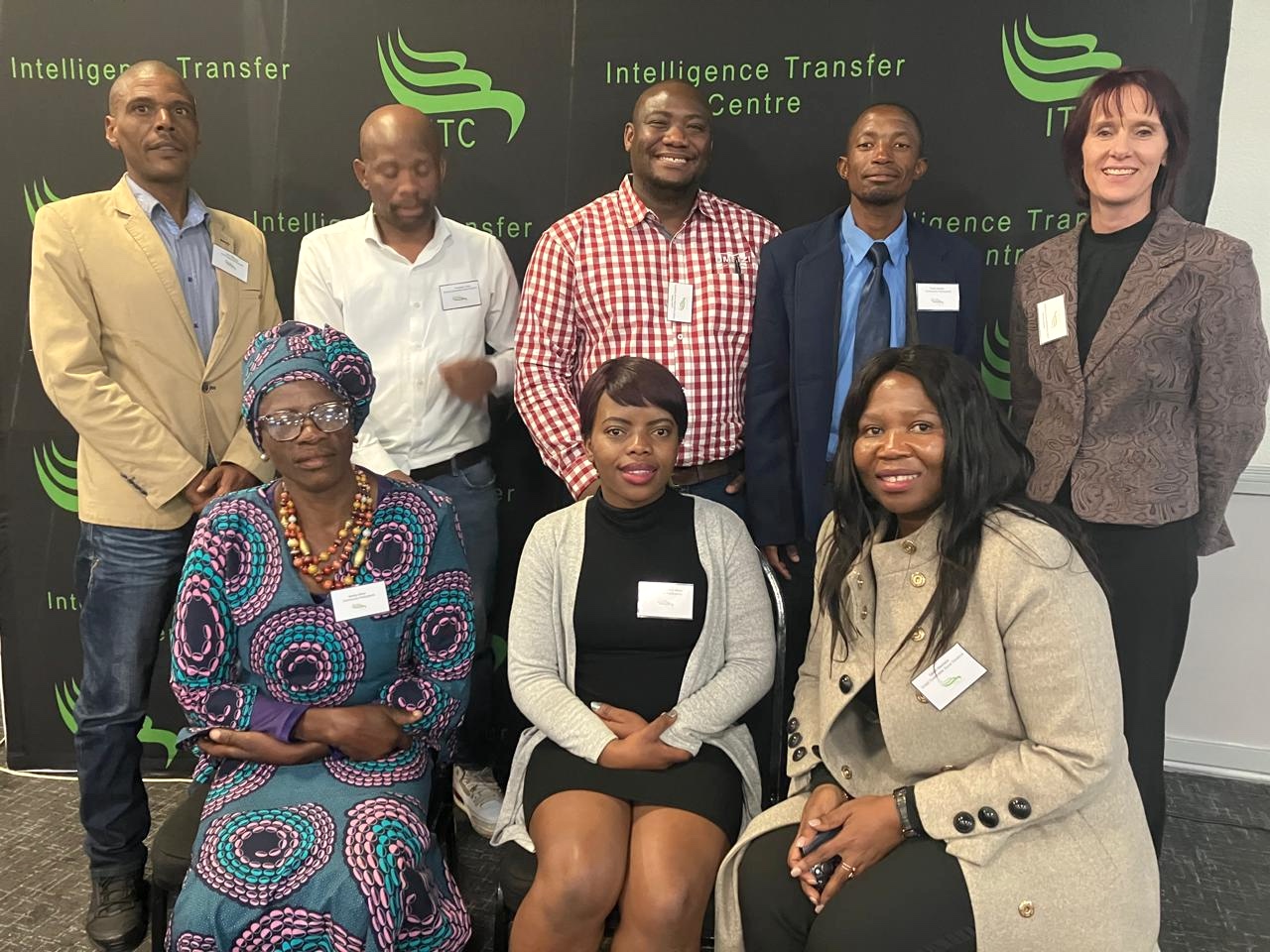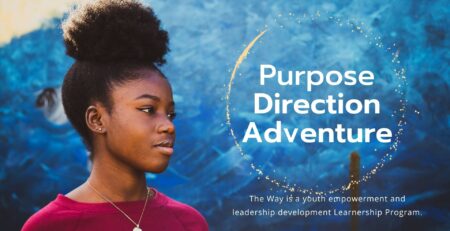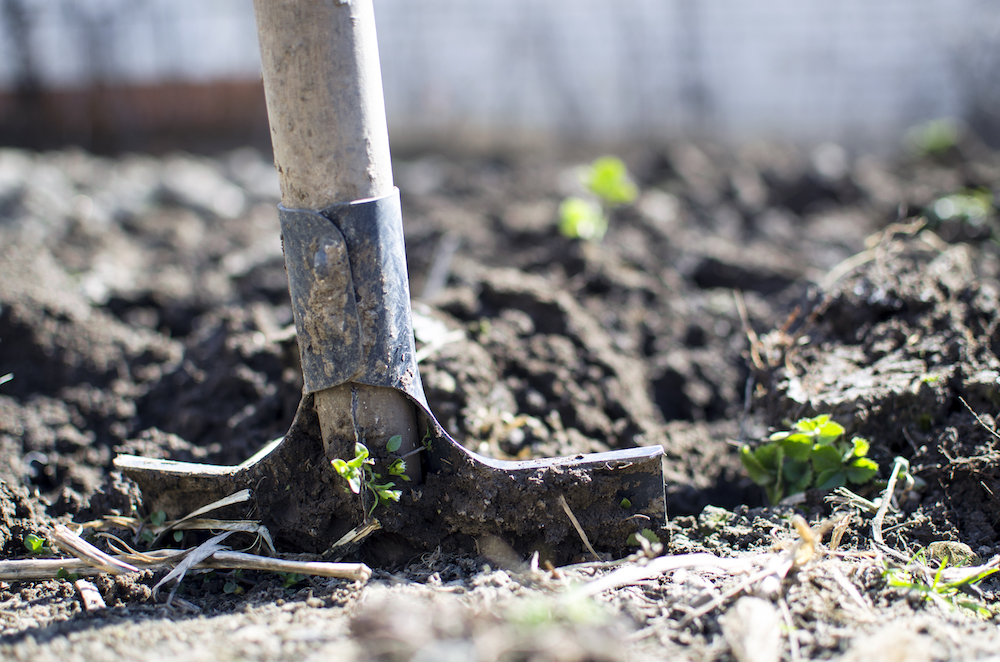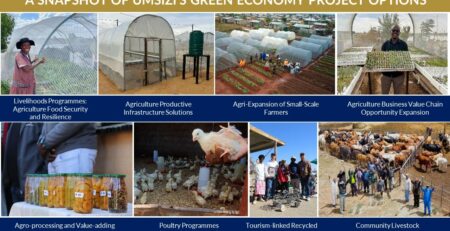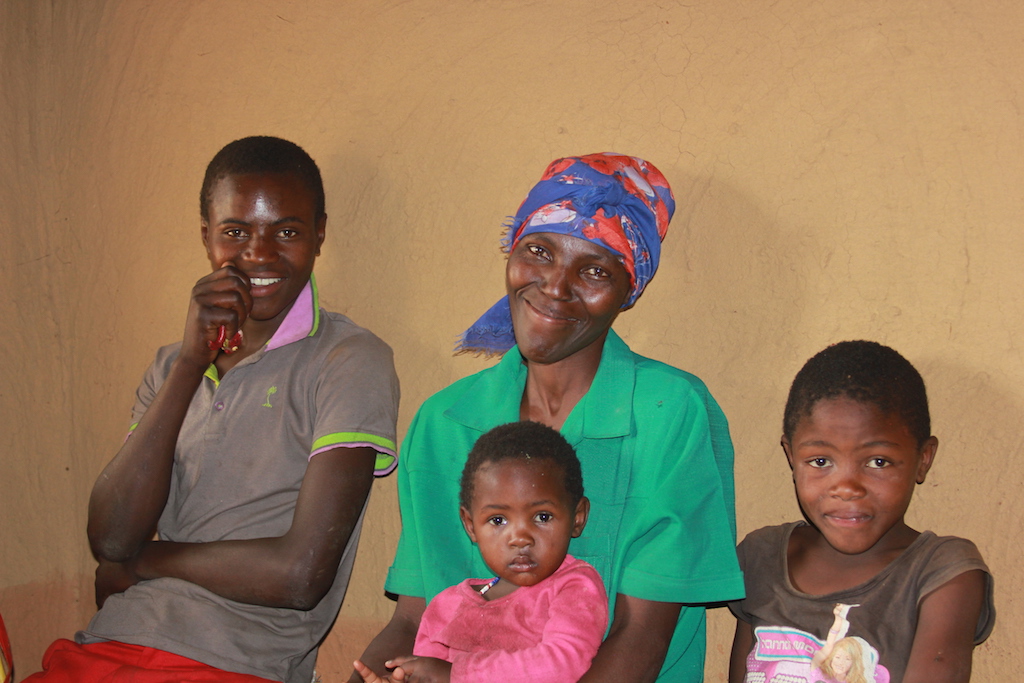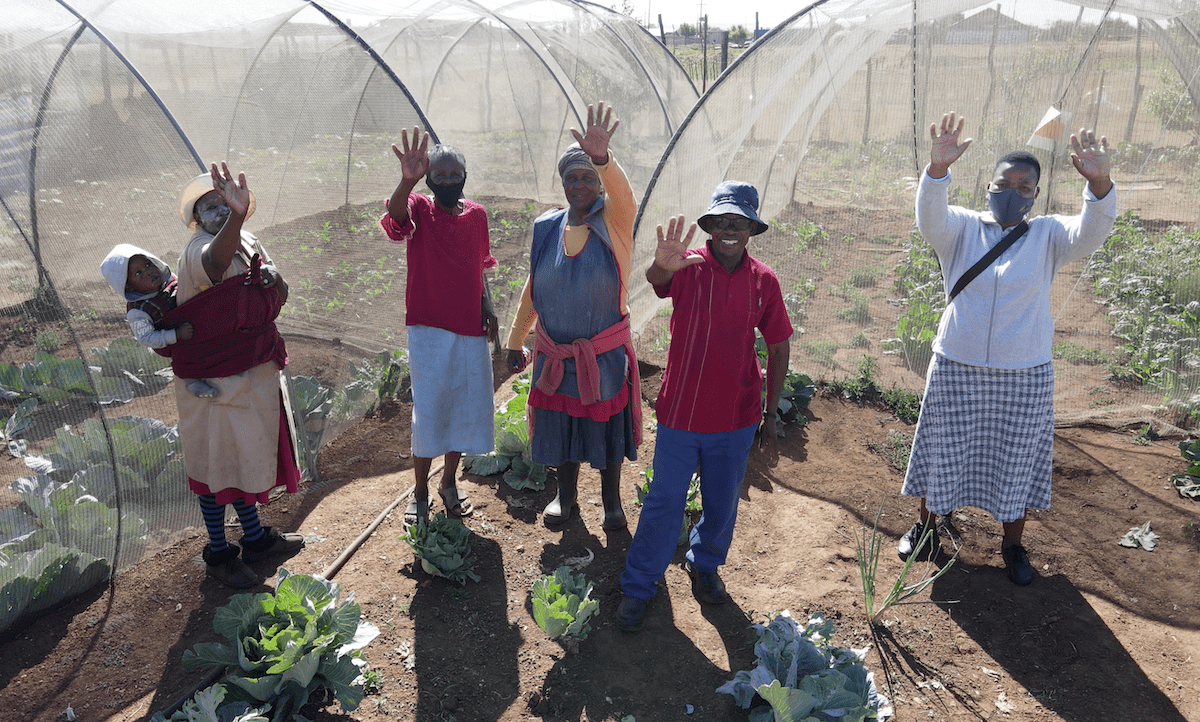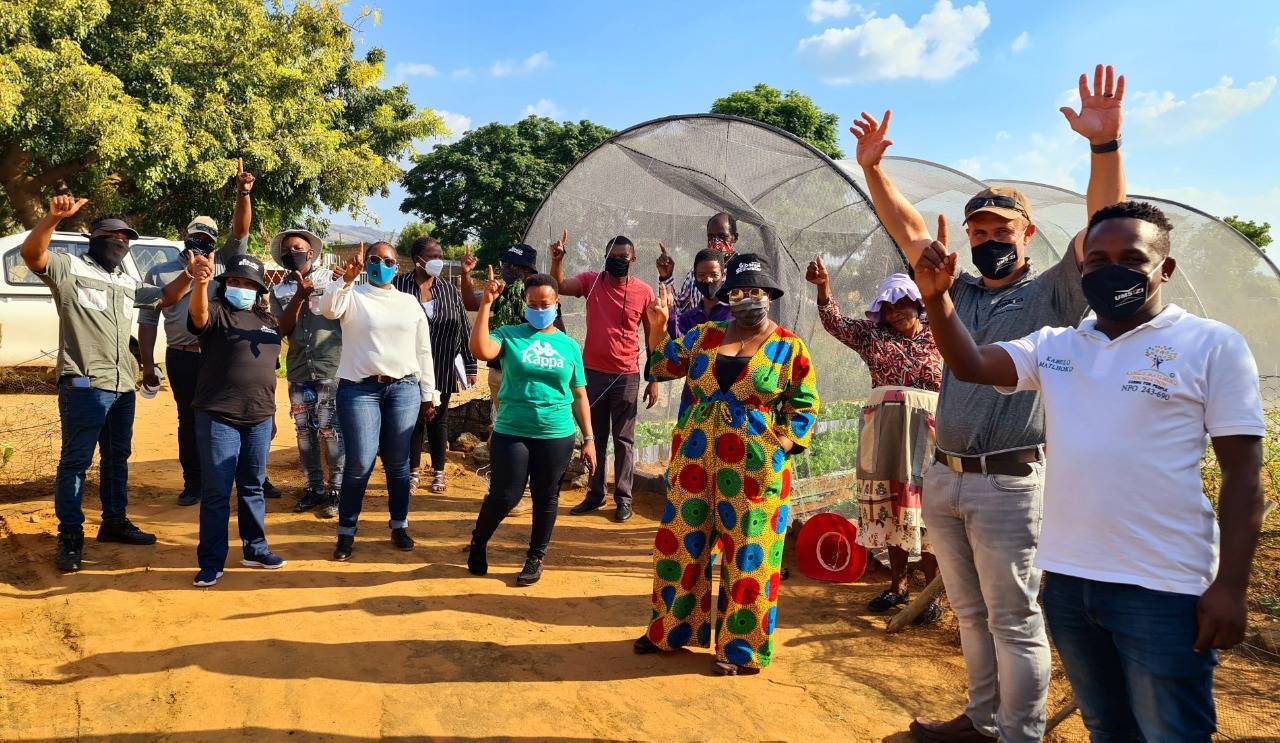ICT Social and Labour Plan (SLP) conference
Another year has passed for the ICT Social and Labour Plan (SLP) conference, and the question remains: Are these platforms truly adding value to the lives of SLP practitioners? At this conference, practitioners from various operations across the country come together to share experiences, best practices, and strategies for managing the complex challenges they face daily.
The reality is that many participants are overwhelmed with responsibilities. Even when they do engage, they must still attend to the demands of their operations. This raises several questions: Is the function itself under-resourced? Are practitioners struggling to delegate responsibilities while they are away? Or is it that communities insist on dealing with one specific person, making it difficult to share the workload? The pressures on these practitioners are significant. If communities decide to block the mines and halt production, the consequences could be severe. As a result, many practitioners are constantly on edge, leaving them with little time to fully engage with and utilize platforms like this conference to explore ways to improve their work environment and service delivery.
In spite of these challenges, the conference remains crucial and necessary. It enables practitioners to learn from one another, share their experiences and best practices, and more importantly, it creates opportunities for collaboration and partnership beyond the mining industry. The Umsizi Sustainable Social Solutions (Umsizi) team was among the presenters, sharing their experiences, lessons learned, and best practices that support mines and communities in their journey toward achieving and maintaining a social license to operate. Their efforts also help ordinary community members achieve financial breakthroughs. During panel discussions, the Umsizi team addressed several key topics:
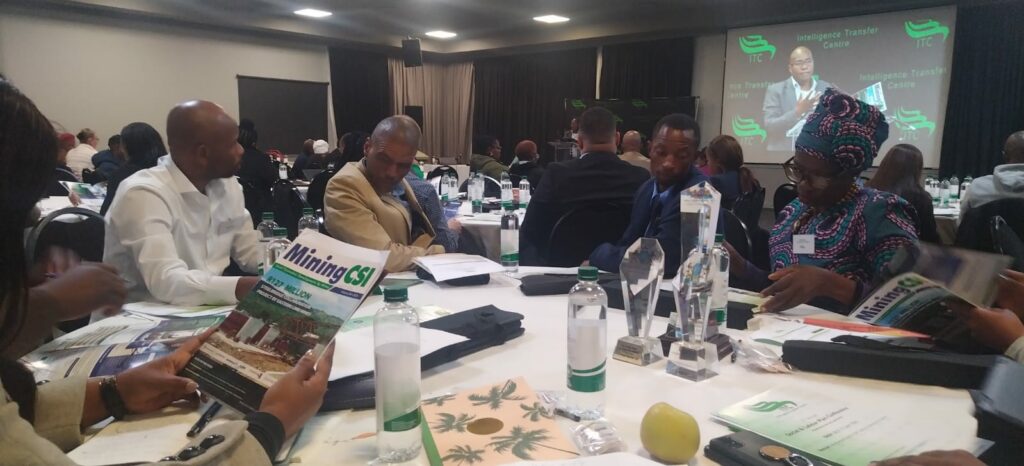
Stakeholder Alignment Complexities
Challenges in stakeholder engagement are growing, with some interactions even becoming toxic. Practitioners have faced threats, verbal abuse, and in isolated cases, physical assault. Government officials, rather than working collaboratively, often create additional obstacles, constantly shifting the goalposts. SLP practitioners have opportunities to learn from each other about strategies and tactics to build mutually beneficial relationships, not just with local communities but also with government and other stakeholders. The focus should be on what unites us as a society, not what divides us. A “them and us” mentality does not build thriving communities, but incorporating structures from different sectors of society and working together towards the common goals of confronting poverty, inequality, and joblessness can.
SLP During Mine Closure
De Beers Voorspoed shared insights from their mine closure journey, emphasizing the importance of structuring SLPs with closure in mind from the outset. Transparency about the life of a mine is crucial. While a mine’s opening brings hope and vitality to an area, its closure is inevitable, and it is essential to empower communities to be self-sufficient rather than dependent.
Sustainability Beyond SLP
It is evident that many mines are adopting a “beyond compliance” approach, aligning with international standards such as IFC and ICMM, and increasingly focusing on ESG (Environmental, Social, and Governance) strategies. To a certain degree, mines are investing even more in other social initiatives alongside the SLP to achieve their ESG strategies. However, questions arise about the alignment between the DMRE and these global standards. Is the industry advancing ahead of regulators and the communities they operate in? There is a need for more engagement among industry, government, and communities to align and move forward together, reducing ongoing conflicts. Some guidelines clash with community traditions and cultural norms, leading to misunderstandings and conflict. For example, paying “Malotsho” (a fee for visiting the Traditional House) is a long-standing tradition seen as respectful by the community but often misunderstood by the industry as bribery. Unless a common understanding is reached, conflicts will continue to arise within these blurred lines.
Partnerships and Collaborations
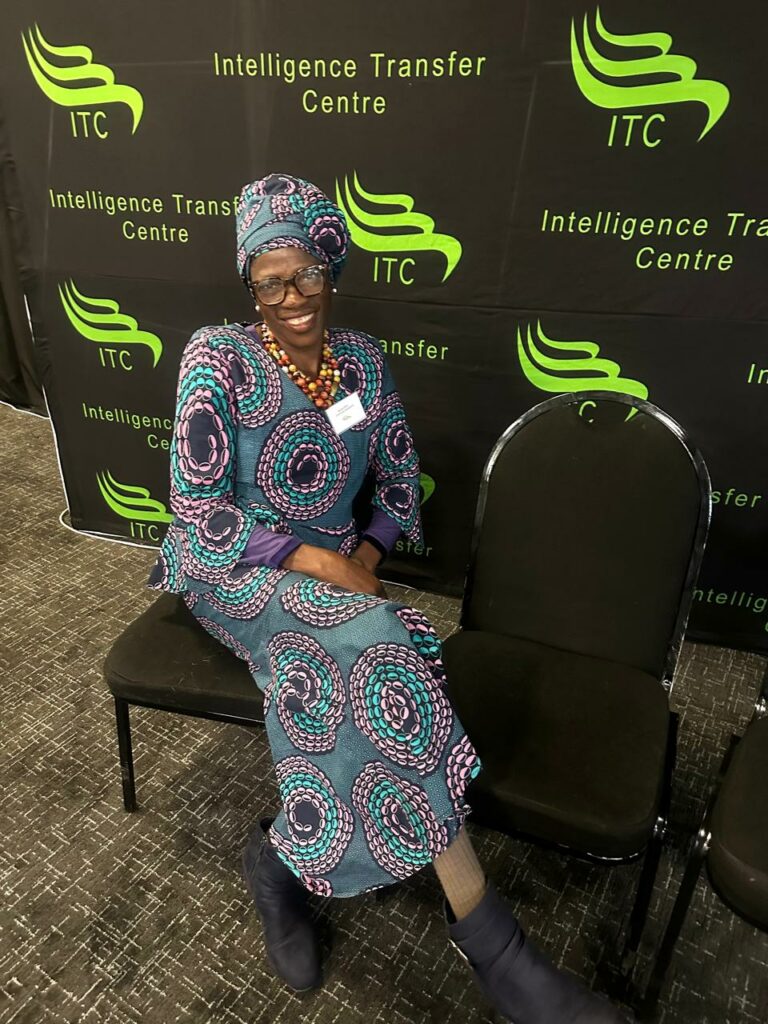
South Africa’s challenges are well-known: poverty, lack of services, and deteriorating infrastructure are visible everywhere, especially in communities around the mines. It is unfair to expect one party to solve these issues alone. If ever there was a time to work together, it is now. We must unite to pull ourselves out of the hole we are slowly sinking into. The Steelpoort steel bridge was highlighted as an example of successful collaboration, and participants agreed that we must move beyond the mining industry acting alone. OMEs and other industries, such as retail, manufacturing, and banking, should be involved in building thriving communities.
This year, the Umsizi team brought a unique element to the conference by including a virtual site visit. Through video and drone footage, conference attendees were able to “visit” a handful of the thousands of participants in the Umsizi Livelihoods programme. Additionally, Umsizi arranged for four top-performing participants to share their journeys and success stories at the conference. These beneficiaries confirmed that their lives had been transformed by the Umsizi Livelihoods programme, which Umsizi delivers on behalf of Harmony, DRD Gold, Taung Gold, and other clients. They are now teaching others to grow their own food and start small businesses.
One young woman from the Harmony programme is now teaching primary school students to create their own food gardens and feed their families. She emphasised that it’s not always about one big farm, but about empowering thousands of households and schools to become independent and no longer rely on grants. This raised a key question for participants: How did you get young people from Ekasi to fall in love with farming?
Meet some of our top performers who attended the conference:
- Francina-Mary Ntlebi from Kokosi
Francina-Mary’s mother initially farmed using traditional methods in their backyard. She encouraged the initially reluctant Francina-Mary to join the Livelihoods Programme. As a young person, she was hesitant at first, but she took to it, implementing modern farming techniques and qualifying for a greenhouse tunnel. They then expanded their efforts, and production improved significantly. She now leads youth in Kokosi, encouraging them to participate in the programme and to farm. “I don’t remember when we last bought vegetables at home,” she said gratefully. The family now sells surplus vegetables for extra income and is expanding their operations into a full-fledged farm business. Francina-Mary has identified a market gap for herbs and plans to grow them so she can start her own range of organic beaty products. - Thabo Molale
Contrary to the belief that young people don’t want to farm, Thabo, a youth from Khutsong community in Merafong, has proven otherwise. After joining the Umsizi Livelihoods Programme, Thabo mastered organic farming principles, leading to abundant production. His success attracted support from organisations like Harmony, which built him a commercial greenhouse tunnel and provided water infrastructure. Thabo’s achievements have inspired many young people in the Merafong communities, and he continues to grow his commercial farming business. - Martha Mnisi from Merafong, Khutsong Ext 5
Martha has maximised every inch of her yard for farming. She joined the Umsizi Livelihoods Programme in 2018 and has taken full advantage of the training opportunities offered, including Horticulture, Basic Business, and Expansion Agriculture training. She secured land from the municipality for expansion, and is now part of the Umsizi Expansion Agriculture programme, which focuses on scaling up operations. Martha has her own client base and packages and delivers her vegetables to her clients and within her community. Martha is committed to sharing her skills with others in her community, and has trained thousands. Her dedication has earned her several awards. - Max Nkwana from Soweto
Already farming when the Umsizi Livelihoods Programme was introduced in Soweto, Max benefited greatly from the Basic Business programme, particularly in record keeping. This skill proved crucial when he won a major aquaponics project in Soweto, where meticulous record keeping set him apart from competitors.
In conclusion, SLP practitioners continue to seek strategies and approaches to build mutually beneficial relationships with communities and governments. The ultimate goal for everyone is to identify, co-create, and implement social solutions that bring greater impact for the benefit of all.
